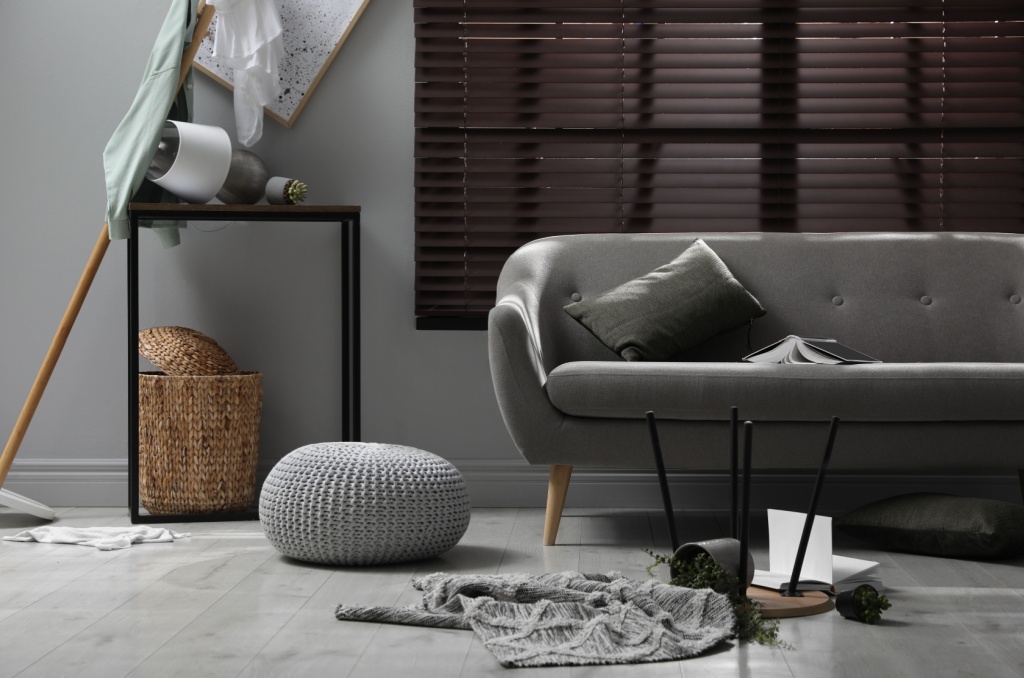
There is a myriad of reasons you might want to rent out your home. Maybe you have a second home that you lease to tenants, want to rent a spare bedroom in your house through Airbnb, or make some extra cash renting out your mountain cottage the time you’re not there. Short-term or long-term, whatever the scenario, your standard homeowner’s policy might not be sufficient.
Short-term rentals in your primary residence – if you plant to rent out a part of your primary home or even all of it for a short period of time, such as a week or two, there are two possible scenarios:
- Some insurance companies may allow a short-term rental on the homeowner’s or renter’s insurance policy, presuming they have been notified. Other insurers will require a rider to the existing insurance policy in order to provide coverage.
- If your plan is to rent out your primary residence for short period with a certain frequency to various guests, this constitutes a business. The standard homeowner’s insurance policies offer no coverage for business activities conducted in the home. This requires a business policy, a hotel or bed and breakfast policy, to be precise.
Long-term rentals/ second home
If you consider renting your home for a longer period of time, such as six months or one year, you will need a landlord or rental dwelling policy. Typically, landlord policies are about 25 percent more expensive than the standard homeowner’s policy, considering these pay for increased protection. Moreover, if you’re regularly renting out your vacation home or some investment property, get your landlord/rental policy.
A landlord policy protects you from physical damage to the structure of your home caused by fire, lightning, wind, hail, ice, snow or other covered perils. In addition, it offers coverage for any personal property you leave on-site for maintenance or tenant to use, such as appliances, lawnmowers and snow blowers. And this is not all, as the policy also includes liability coverage—is a tenant or one of their guests gets hurt on your property, it would cover legal fees and medical expenses.
Another great thing the landlord policy does is to provide coverage for loss of rental income in the event you are not able to rent out the property while it’s being repaired or rebuilt due to damage from a covered loss.
Renters insurance
You’re the landlord, your coverage is only on the structure of the building and your financial interest in it. Your renter’s possessions need their own insurance policy and that is the responsibility of your tenant. If need be, remind them that.




